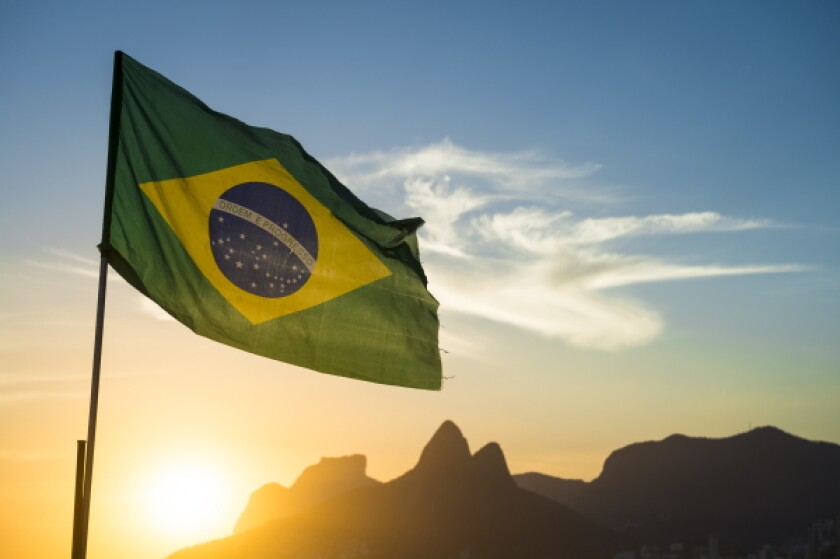The Brazil Supreme Court yesterday removed the guarantee of a 10-year minimum term for successful pharmaceutical patent applicants.
Ruling nine to two in Direct Action 5,529, the court rendered the sole paragraph of Article 40 of Brazil's Industrial Property Law unconstitutional.
The court will come together again next Wednesday, May 12, to decide whether the ruling should have retroactive effect.
If the justices decide that it does, granted patents for pharmaceutical and biotech inventions would have their term of validity reduced to 20 years counted from the filing date, instead of 10 years counted from the date of grant.
That means that patents that were held up by long waiting times at Brazil's IP office would have their terms significantly cut.
As a general rule, a Supreme Court decision invalidating a legal provision does have retroactive effect. But if eight or more justices agree, the court could decide that retroactive effect should not take place in a particular case.
The reporting justice for this case, Dias Toffoli, has proposed that granted patents should not be affected by this decision, with two exceptions: patents in the pharmaceutical and medical fields, and patents whose validity terms are being challenged before courts based on arguments that the sole paragraph of Article 40 violates the constitution.
Justice Marco Aurelio indicated he believed there should be no exceptions to the court’s retroactivity rule, and that the decision should affect all granted patents.
Meanwhile, Justice Gilmar Mendes indicated that a retroactive effect should be limited to pharma and medical patents related to COVID-19.
Justice Roberto Barroso mentioned he would agree with an exception related to patents that are subject to invalidity lawsuits, but not with an exception for patents in the pharmaceutical and medical fields, because this would violate the TRIPS Agreement.
Ricardo Nunes, partner at Daniel Law, said: “Even the justices that already articulated their initial thoughts on whether a decision should affect granted patents or not can still change their minds when the court happens to discuss this matter, so this is still a completely unsettled issue.”
On Wednesday, May 5, the justices at the Brazil Supreme Court started handing down their opinions on Direct Action 5,529, and finished yesterday.
The news comes after the Supreme Court suspended patent-term extensions in Brazil on April 7 in the lead up to the Direct Action 5,529 trial, in an attempt to lower costs for drugs critical to treating COVID patients at the expense of pharmaceutical firms.
Sources told Managing IP last year that such a ruling, which has now come to pass, would significantly water down the value of patents in Brazil so long as Brazil's IP office takes more than 10 years to prosecute them.
Managing IP will report on the outcome of the judge’s meeting on May 12 next week.











